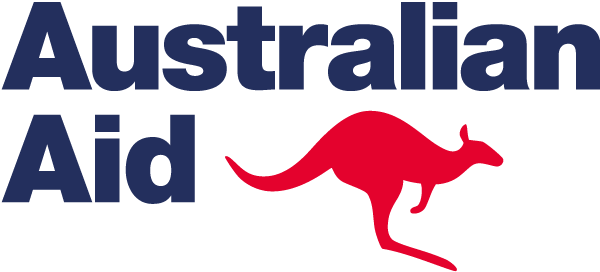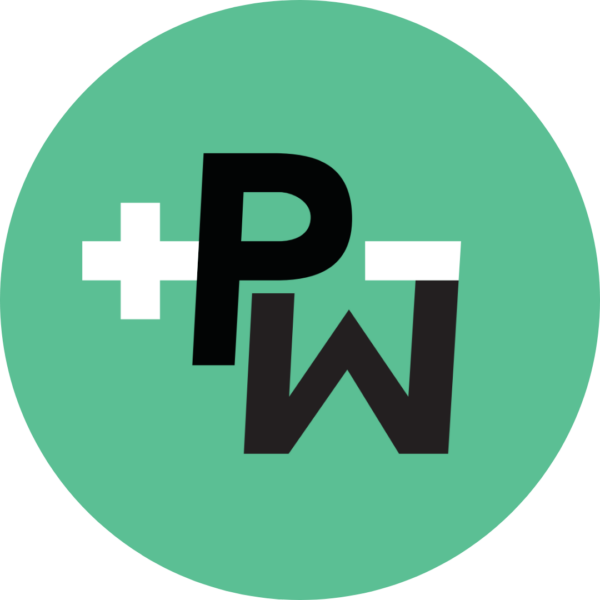Context
Vanuatu is one of the most vulnerable nations to the effects of climate change. Its geographical remoteness, together with the high costs associated with securing safe and dependable energy, means electricity is inaccessible to most households. Only 33% of the population has access to grid power and energy access is even lower for rural communities, home to 75% of Vanuatu’s population.
Low access to reliable, affordable electricity has negatively impacted the livelihoods of households, particularly for rural households, and has resulted in low living standards and income generation options. Also, most of their electricity is generated from diesel and other carbon-polluting fuels, which are not good for the environment.
For women, the lack of access to electricity impacts their lives disproportionately, affecting their health, safety in poorly lit areas, ability to use technology, and ability to gain financial independence. Women are also often excluded from policy discussions yet are often the ones who collect and use biomass for energy.
Project Summary
ActionAid is partnering with PowerWells, a social enterprise that aims to provide solutions to the problems of energy, poverty and electronic waste globally. PowerWells’s solar systems repurpose lithium-ion batteries and other upcycled materials to give them a second life and provide affordable energy to communities without power and diverting toxic waste from landfills.
This project will be implemented through ActionAid’s women-led collectives in Lawital, Tanna. The project will provide lighting and device charging systems developed by PowerWells to all the 115 households in the community, in 5 community centres and set up streetlights in 10 public spaces. A monthly PayGo payment system will be implemented for the users to gain ownership of the systems over approximately three years to ensure project sustainability, with payments being reinvested into maintaining the systems, purchasing future renewable systems and improving livelihoods in the community.
The overall goal of the project is to improve the livelihoods of women and their communities. The key objectives include enhancing access to clean energy, improving women’s health and safety, promoting digital inclusion, and establishing a sustainable and scalable model.
Project duration: 2024 – 2026
Supported by the DFAT (with technical partner PowerWells)

